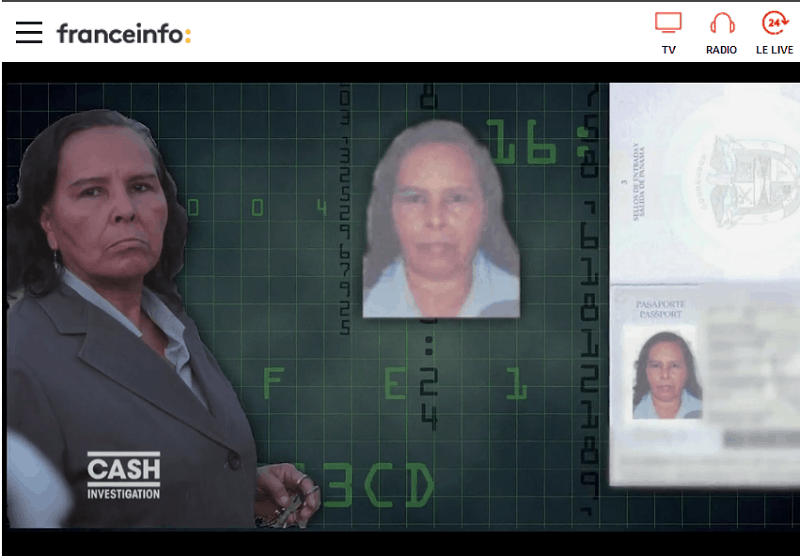You’re not going to get this from the mainstream media for a while. And you’re definitely not going to get it from the party political stations: both of them.
Both parties, working on the same agenda, are propagating the idea that no one can speak about the little we have seen of the Egrant inquiry. I think we need to restate some basics here.
First, there need be no doubt in Aaron Bugeja’s personal integrity iff one were to evaluate and, possibly disagree, with his choices of what evidence to collect, what questions to ask and what conclusions to draw from his answers. He can very well be acting on his convictions and using all his undoubted faculties and skills and still not ask a crucial question or knock on an important door. It is perfectly legitimate to discuss the findings of an inquiry and evaluate critically its conclusions. He is credible, competent and balanced: but he’s not divine.
Second, this is not the outcome of a judicial process. So this talk about speaking of this as happening in a place we all trust to be above the realm of national debate is just meant to scare us out of analysis. A judicial process hears two point of view who confront each other and a judgement is made when both sides have argued their points and picked against the evidence the other side produces. That’s not what a Magisterial inquiry is even if it’s done by a Magistrate who does judicial work as well when he’s not working on inquiries. In this context he decides who to listen to and who not to listen to. He decides what questions to ask and there’s no cross-examination. His conclusions are advisory and the decision on what to do with the evidence is then for the prosecutors who may or may not follow his recommendations. His conclusions, since they are not a judicial process as such, are not subject to appeal as all first instance judicial decisions are. This means that alternative explanations and different conclusions from the same evidence are perfectly legitimate in the public discourse.
Third, the Egrant inquiry did not happen in isolation. It is part of the worldwide Mossack Fonseca scandal and one of an interminable list of investigations happening worldwide. If the inquiry did not learn any of the lessons happening elsewhere, it is informative to include those considerations in the final analysis. If for example one, as Aaron Bugeja did, confronts the testimony of Maria Efimova with that of Jacqueline Alexander of Mossack Fonseca one should take into account the tens of thousands of documents on which Jacqueline Alexander testified in cases elsewhere in the world where her testimony proved unhelpful.
Fourth, the Egrant inquiry did not happen in isolation. That’s not an erroneous repetition. The inquiry happened in the context where a key witness in the case was blown up in a car bomb and was unavailable to answer any clarifying questions or continue her priceless work. Another witness was forced into exile though her findings, verified in part even by this inquiry, also emerged in the case against Ali Sadr in New York.
Fifth, the conditions under which the Magistrate worked cannot be ignored.
Sixth, the government is making its crushing case on the basis of the conclusion that are a singular interpretation of the evidence heard where alternative interpretations are perfectly possible. The opposition has accepted the government’s interpretation wholesale even as it was asking for the report to be published in full. In view of this there is a clear environment of intimidation where expressing even the slightest doubt is perceived as some form of sacrilege. That is why you’re not reading any of these doubts in Malta’s mainstream media that is entirely unwilling to take a critical view of the little that has been published.
This website, as you have seen these last two days, is not going to accept that as a given. Nor is The Shift News whose analysis this morning on the ‘fake signature’ spin is very useful reading.
